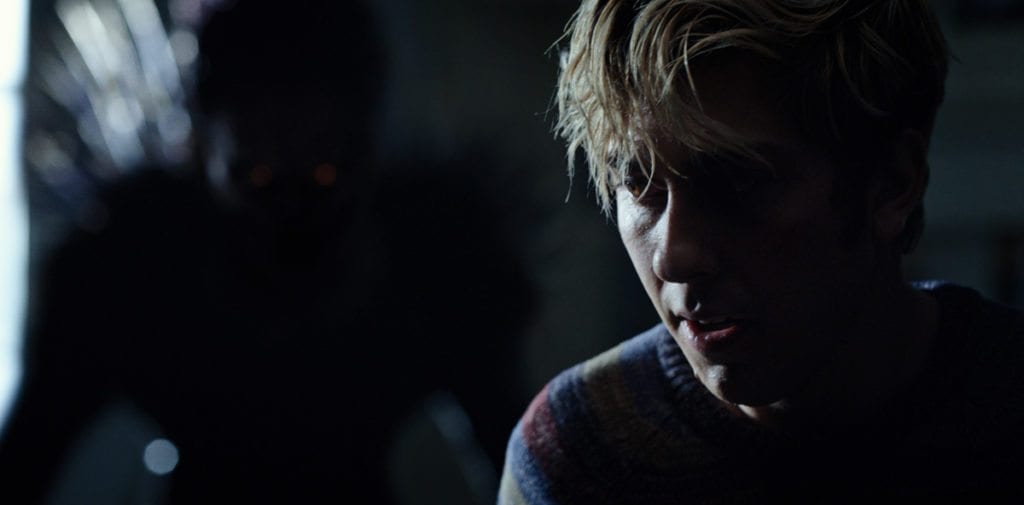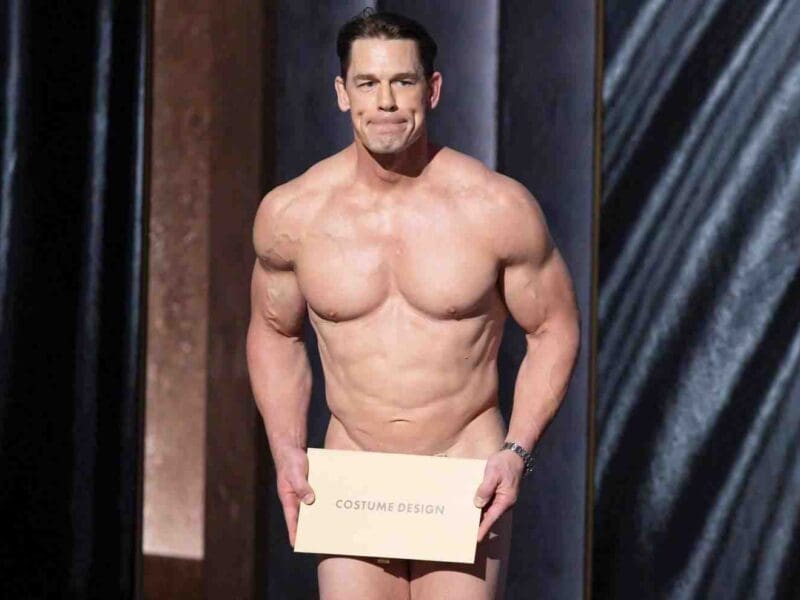
Hollywood flaps lips re whitewashing – but to what effect?
Alex Garland’s latest sci-fi head-wrecker Annihilation might be receiving rave reviews from critics, but advocacy groups are offering rage reviews. Leading up to the movie’s February 23 release, Media Action Network for Asian Americans (MANAA) and American Indians in Film and Television have chided the movie for whitewashing its two main characters.
Annihilation is an adaptation of the first book of Jeff VanderMeer’s Southern Reach trilogy, in which Natalie Portman (V for Vendetta) portrays biologist Lena and Jennifer Jason Leigh (The Hateful Eight) stars as government psychologist Dr. Ventress. The background of neither character is revealed until the second book of the series, in which Lena is explained as being of Asian descent and Dr. Ventress half-Native American and half-Caucasian.
MANAA board member Alieesa Badreshia took aim at Garland for how “he exploits the story but fails to take advantage of the true identities of each character”. Badreshia further scolded Hollywood for failing to write “prominent parts” for Asian American and and American Indian characters, arguing the Annihilation “roles could’ve bolstered the careers of women from those communities”.
American Indians in Film and TV founder Sonny Skyhawk shared similar sentiments, sharing his frustrations about “the Whack-a-Mole diversity replacement” of Hollywood, “just when you finish objecting to one whitewashed casting, another one pops up.” Considering all the Hollywood productions in the last 12 months facing accusations of whitewashing, Skyhawk’s frustrations are understandable.

In 2017, Rupert Sanders’s U.S. live-action remake of Ghost in the Shell caused outrage when a character considered to be ostensibly Japanese was portrayed by the all-American Scarlett Johansson. Sofia Coppola’s remake of The Beguiled came under fire for recasting a mixed-race teenager with a white actor and removing the character of a black slave from the narrative. Meanwhile Adam Wingard’s live-action remake of cherished manga Death Note drew ire for reinterpreting key Asian characters as white.
Responses to these accusations have been varied; Scarlett Johansson, for instance, appeared to be horrified by the whitewashing controversy Ghost in the Shell attracted. “I certainly would never presume to play another race of a person. Diversity is important in Hollywood, and I would never want to feel like I was playing a character that was offensive.”
Coppola, on the other hand, defended her narrative and casting choices as correct for the period of The Beguiled. “. . . the circumstances in which the women in my story find themselves are historically accurate—and not a distortion of history, as some have claimed.” Meanwhile, Death Note actor Lakeith Stanfield suggested the whitewashing accusations were the result of a “fundamental misunderstanding”, pontificating that “it would make sense that the cast reflects American demographics” due to the movie being set in Seattle.
In response to Annihilation’s own controversy, Garland appeared to be echoing Johansson’s placating response, revealing that “this is an awkward problem for me, because I think whitewashing is a serious and real issue.” Covering all bases, Garland also followed Coppola and Stanfield’s tactic of defending such choices. Explaining that “there was nothing cynical or conspiratorial about the way I cast this movie”, he argued the characters in the novel and adaptation he read “were not given names or ethnicities”.

Unlike many responses to Hollywood whitewashing, however, Garland also took accountability for the decision and professed the possibility he may have made a misstep. Disclosing that “there was no studio pressure to cast white. The casting choices were entirely mine”, Garland also confessed that “as a middle-aged white man, I can believe I might at times be guilty of unconscious racism, in the way that potentially we all are”.
The director’s multi-pronged response may be honest and diplomatic, but is it enough? In August 2017, the upcoming Hellboy reboot faced its own accusations of whitewashing when Ed Skrein (Deadpool) was cast in a role originally depicted as being of mixed Asian heritage. Skein shared his disapproval of Hollywood’s “tendency to obscure ethnic minority stories and voices in the arts” and voiced his desire to “honor and respect” the character in a “culturally accurate way”.
However, Skrein didn’t just mollify the controversy with a tidy quote. The actor actually quit the movie over the issue, leaving producers to “recast the part with an actor more consistent with the character”. Hollywood has a lot to say about the “whac-a-mole” issue of whitewashing – maybe it’s time to lay down the mole mallet and acknowledge the issue may be more complicated than just casting choices.







